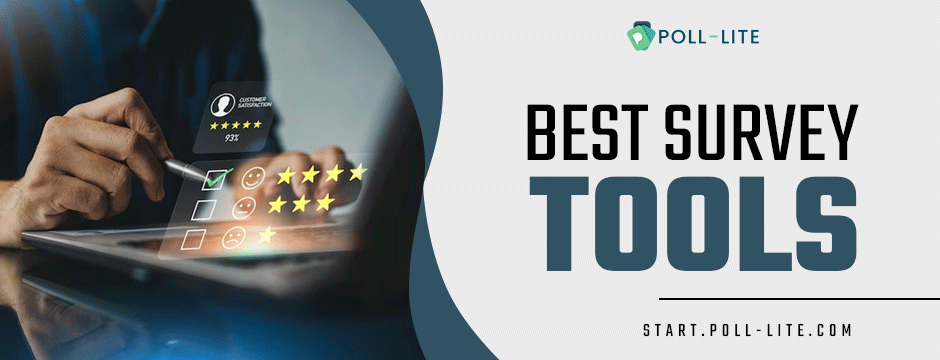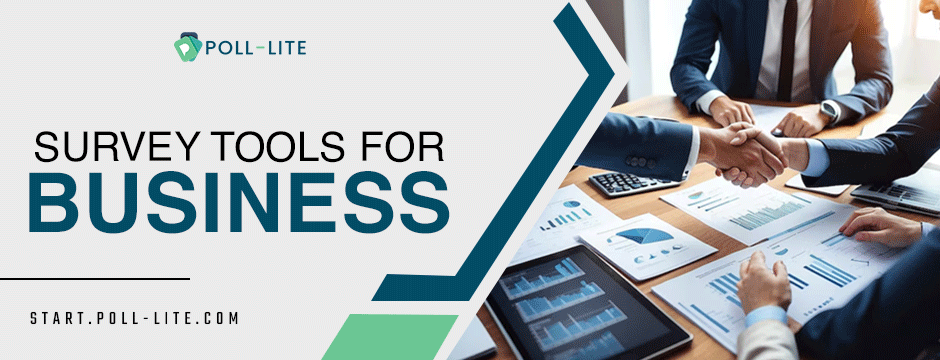In the digital age, businesses rely heavily on survey tools to gather valuable feedback, insights, and data from customers, employees, and stakeholders. While these tools offer immense efficiency and data collection benefits, they also pose significant security and compliance challenges. This blog explores the best practices and tools businesses should consider to ensure robust data security and regulatory compliance when using survey tools.
Importance of Data Security in Survey Tools
Data security is paramount when using survey tools for business purposes. With the increasing frequency of data breaches and regulatory scrutiny, businesses must prioritize protecting sensitive information collected through surveys. Here are some key considerations:
- Encryption and Data Transmission: Ensure that survey tools use strong encryption protocols (e.g., SSL/TLS) to protect data during transmission between users’ devices and servers. This prevents unauthorized access to sensitive information.
- Data Storage Practices: Choose survey tools that store data in secure, compliant environments. Cloud-based solutions with robust security certifications (e.g., SOC 2, ISO 27001) assure safe data storage practices.
- Access Control: Implement strict access control measures to limit who can view and manage survey data within your organization. Role-based access ensures that only authorized personnel have access to sensitive information.
- Data Anonymization: When possible, anonymize survey responses to protect respondents’ identities. This reduces the risk of data exposure in case of a security breach.
Regulatory Compliance Considerations
Meeting regulatory requirements is crucial for businesses operating in various industries, particularly those handling sensitive customer or employee data. Here’s how the best survey tools can assist in maintaining compliance:
- GDPR and Data Privacy: Survey tools should facilitate compliance with regulations like the General Data Protection Regulation (GDPR). Features such as consent management and data subject rights support help businesses adhere to GDPR principles.
- HIPAA Compliance: Ensure that survey tools comply with the Health Insurance Portability and Accountability Act (HIPAA) for healthcare-related surveys. This involves maintaining data confidentiality and implementing appropriate safeguards for protected health information (PHI).
- PCI DSS Compliance: If surveys involve payment information, ensure that survey tools comply with the Payment Card Industry Data Security Standard (PCI DSS) to protect cardholder data.
- Data Retention Policies: Establish clear data retention policies aligned with regulatory requirements. Survey tools should support automated data deletion or archiving based on predefined retention periods.

Best Practices for Secure Survey Deployment
Implementing best practices enhances the security posture of survey tools for business and mitigates potential risks:
- Regular Security Audits: Conduct periodic security audits of survey tools and their associated infrastructure to identify and remediate vulnerabilities promptly.
- User Training and Awareness: Educate survey administrators and users about data security best practices, such as recognizing phishing attempts and maintaining strong passwords.
- Incident Response Plan: Develop and maintain an incident response plan specific to survey data breaches. This ensures a swift and effective response to mitigate the impact of security incidents.
- Vendor Due Diligence: Before selecting a survey tool provider, conduct thorough due diligence to assess their security practices, certifications, and compliance with industry standards.
Tools for Enhancing Security and Compliance
Several tools and technologies can augment the security and compliance capabilities of survey tools:
- Security Information and Event Management (SIEM): SIEM solutions help monitor and analyze security events in real-time, enabling proactive threat detection and response.
- Data Loss Prevention (DLP): Through content inspection and policy enforcement, DLP tools prevent unauthorized sharing or leakage of sensitive survey data.
- Two-Factor Authentication (2FA): Implement 2FA to add an extra layer of security when accessing survey tools and reduce the risk of unauthorized access to survey data.
- Compliance Management Platforms: These platforms streamline compliance efforts by automating audit trails, policy management, and regulatory reporting for survey data.
Conclusion
While survey tools for business offer invaluable insights for businesses, ensuring robust data security and regulatory compliance is non-negotiable. By adopting best practices, leveraging secure survey tools, and implementing supplementary security measures, businesses can mitigate data breaches and regulatory non-compliance risks. Prioritizing data security protects sensitive information and fosters trust among survey respondents and stakeholders.
By integrating these strategies into your survey tool deployment, you can confidently harness the power of surveys to drive informed business decisions while safeguarding data integrity and compliance with regulatory standards.
For businesses seeking reliable survey tools prioritizing security and compliance, choosing platforms certified with industry standards like ISO 27001 and offering comprehensive data protection features is essential. Invest in your data security today to safeguard your future.
Want to find out more? Visit us at Poll Lite!

